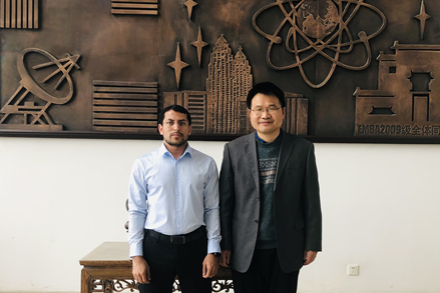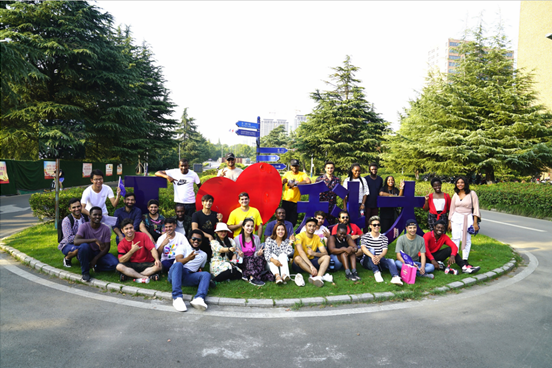China's first solar observation satellite was successfully launched at 18:51 on October 14, 2021, from Taiyuan Satellite Launch Center. The spacecraft's code name, Xihe, was selected out of over 10,000 proposals after rounds of public solicitation and expert reviews. It’s worth mentioning that Xihe was offered by WU Yiji, a freshman from the University of Science and Technology of China (USTC).
As an H-Alpha Solar Explorer satellite, Xihe is China's first space-based solar telescope. After being launched, it entered a sun-synchronous orbit to acquire full-disk spectroscopic solar observations in the H-alpha wave band for the first time, which is of great significance to global solar physics research.
Xihe is the name of the sun goddess who made the calendar in ancient Chinese mythology. Xihe was first described by Shanhaijing (The Classic of Mountains and Seas), a collection of mythical legends written more than 4,000 years ago. In Li Sao, Qu Yuan wrote “I ordered the sun-driver Xihe to drive slowly.” Naming the satellite as Xihe shows the nation's aspiration in solar exploration.
Wu Yiji believes that the mythology of Xihe shows Chinese ancestors’ curiosity and respect for nature. As an important cultural carrier, Xihe bridges the gap between human and sun, and represents the world outlook of “heaven and man are united as one”. The naming is not only to inherit Chinese traditional culture, but also to show Chinese people's courage to the world.
Wu Yiji said that he was very lucky to have his proposal chosen, and proud of China's aerospace industry achievements. He also received a model of the Tianwen-1 Mars probe as a gift from the Shanghai Academy of Spaceflight Technology.

May China's spaceflight and space science continue to flourish! May USTCers learn from Wu Yiji, promote our traditional culture, and contribute to the great rejuvenation of the Chinese nation.









